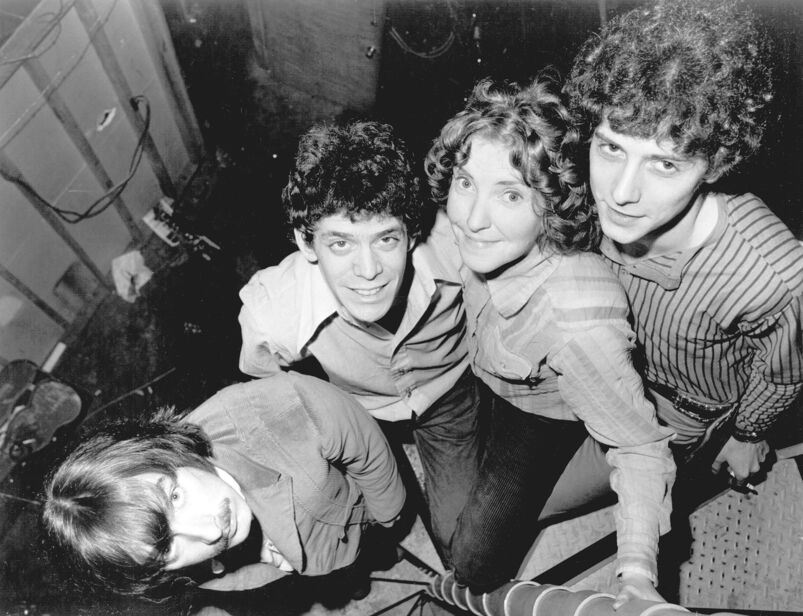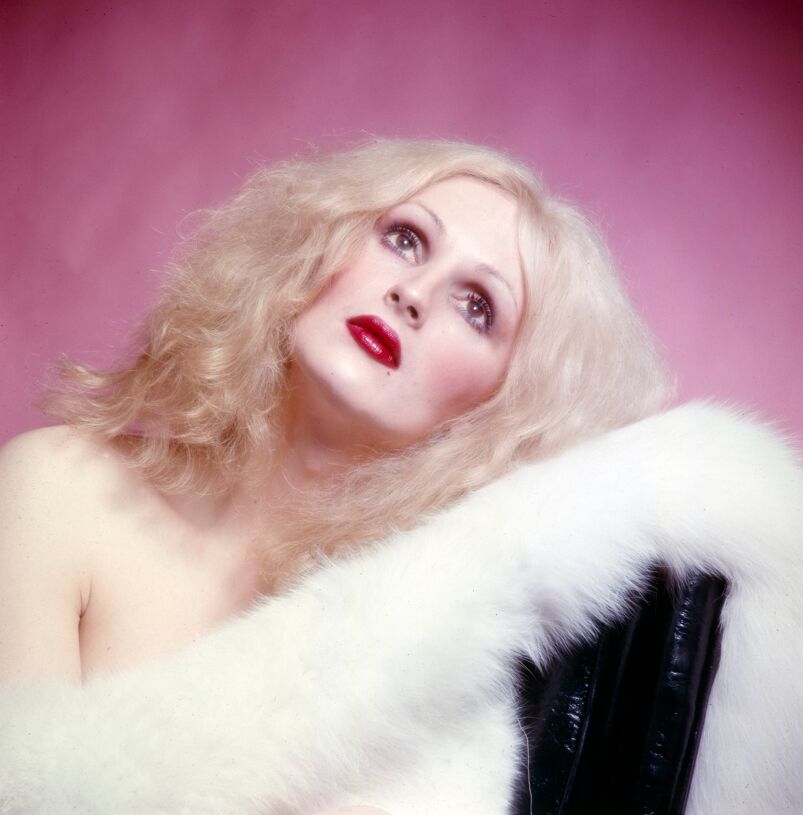
Many would assume that a song about the transgender experience would have been taboo or seldom discussed back in the 1960s. However, in 1969, the same year as the Stonewall Riots, The Velvet Underground challenged norms by opening their self-titled third studio album with a soft, poignant track dedicated to trans icon Candy Darling, titled “Candy Says.”
Though initially overlooked during their original run from the mid-’60s into the early ’70s, The Velvet Underground was a prolific American rock band formed in New York City in 1964 that has shaped the course of music history, having served as a significant inspiration for the punk and new wave movements that followed in the subsequent years.
Fronted by Lou Reed, the band blended rock & roll with the avant-garde and poetic lyricism of post-beat literature across their four studio albums, with well-known tracks such as “Sunday Morning,” “Pale Blue Eyes,” and “After Hours.”
Your dose of fabulosi-TEA
Subscribe to our newsletter for your front-row seat to all things entertainment with a sprinkle of everything else queer.
“Candy Says” is beloved by fans and celebrated by queer listeners for its thoughtful portrayal of gender dysphoria before it was widely discussed or understood in the mainstream.
Written by Lou Reed and sung by bandmate Doug Yule, the song stands out as one of Reed’s tracks explicitly written from the perspective of a female character, in this instance, Andy Warhol starlet Candy Darling.

An American actress and renowned figure in the Warhol scene, Candy Darling spent her formative years on Long Island, where her fascination with the glamorous personas of Hollywood, notably Kim Novak, fueled her dreams of stardom.
Exploring her gender identity from a young age, she frequented a local gay bar called The Hayloft as a teenager and immersed herself in the vibrant scene of Greenwich Village by her twenties. Amongst drag queens, fellow trans women, and artists, she found her community, and in doing so, caught the eye of iconic artist and pop art provocateur Andy Warhol.
Warhol cast Darling in his film “Flesh” and later a prominent role in “Women in Revolt,” solidifying her status as a fixture at The Factory. Beyond her collaborations with Warhol, she graced both film and stage, including a memorable stint in Tennessee Williams’ “Small Craft Warnings.”
Candy says, “I’ve come to hate my body
“Candy Says” by The Velvet Underground (1969)
And all that it requires in this world”
Candy says, “I’d like to know completely
What others so discreetly talk about”
“I’m gonna watch the bluebirds fly
Over my shoulder
I’m gonna watch them pass me by
Maybe when I’m older, what do you think I’d see
If I could walk away from me?”
“Candy Says” delves into Darling’s yearning to break free from her assigned gender and her aspirations for the future. The opening line, “I hate my body,” sets a somber tone for one of the brightest stars in the art scene, encapsulating her sense of alienation and despair. Candy longs for the smallest taste of the kind of love and acceptance that comes easily to her peers and seems almost wistful about the possibility of death.
The question, “What do you think I’d see if I could walk away from me?” not only expresses a subtle desire for escape from suffering but also embodies the unofficial ethos of the band. Reed, emerging during an era when artists like himself were pathologized by the DSM, used his music to amplify the voices of the outcasts. Through his music, he encourages listeners to look at life from someone else’s perspective and never stop asking Candy Darling’s eternal question.
Reed’s final public performance, seven months before his passing in October 2013, was a performance of “Candy Says” alongside queer band Antony and the Johnsons in Paris on March 6 of that year.
Reed said “Candy Says” was also “about something more profound and universal, a universal feeling I think all of us have at some point. We look in the mirror and we don’t like what we see…I don’t know a person alive who doesn’t feel that way.”
This tender, guitar-led tribute to a transgender icon solidified Candy Darling’s place in the queer cultural zeitgeist, serving as a poignant reminder of the rigid gender norms in the 1960s that Reed and his contemporaries worked hard to destroy.
Candy’s life was tragically cut short by cancer before the age of 30, but—a Superstar to the end—took one final opportunity to pose for glamor shots on her deathbed.


















abfab
Laurie Anderson is still with us. Lou and her made the best pair. RIP CANDY! Thank you for your service.
worship
Nice article, great links. Thanks.
Pietro D
Woe! What a sad ending for Candy. I don’t know of these people but that does not make it any less ttragic!
monty clift
Right. I’m not sure what “norms” were challenged here when he was just a gay man claiming to be female. If anything, it’s a look back into the grotesque homophobia and conversion therapy of the times.
DennisMpls
I became a huge Velvet Underground fan when I was a kid, and remain so today. Their stuff fit perfectly with my teen rebellion instincts. (I knew I was a different sort of cat before I ever knew one of those differences was being gay.) My favorite song is the 17-minute “Sister Ray,” which many would find unlistenable, but I consider essentially divine. RIP Lou.
In sad news, drummer Moe Tucker (revolutionary herself in multiple ways) has sadly become a MAGAt in her old age.
dbmcvey
Thank you for this! Such memories!
ZzBomb
I loved the Velvet Underground and Candy Says before. I love them even more now.
bachy
My absolute favorite song about the trans experience is the brilliant Pass This On by The Knife. The video is unmissable.